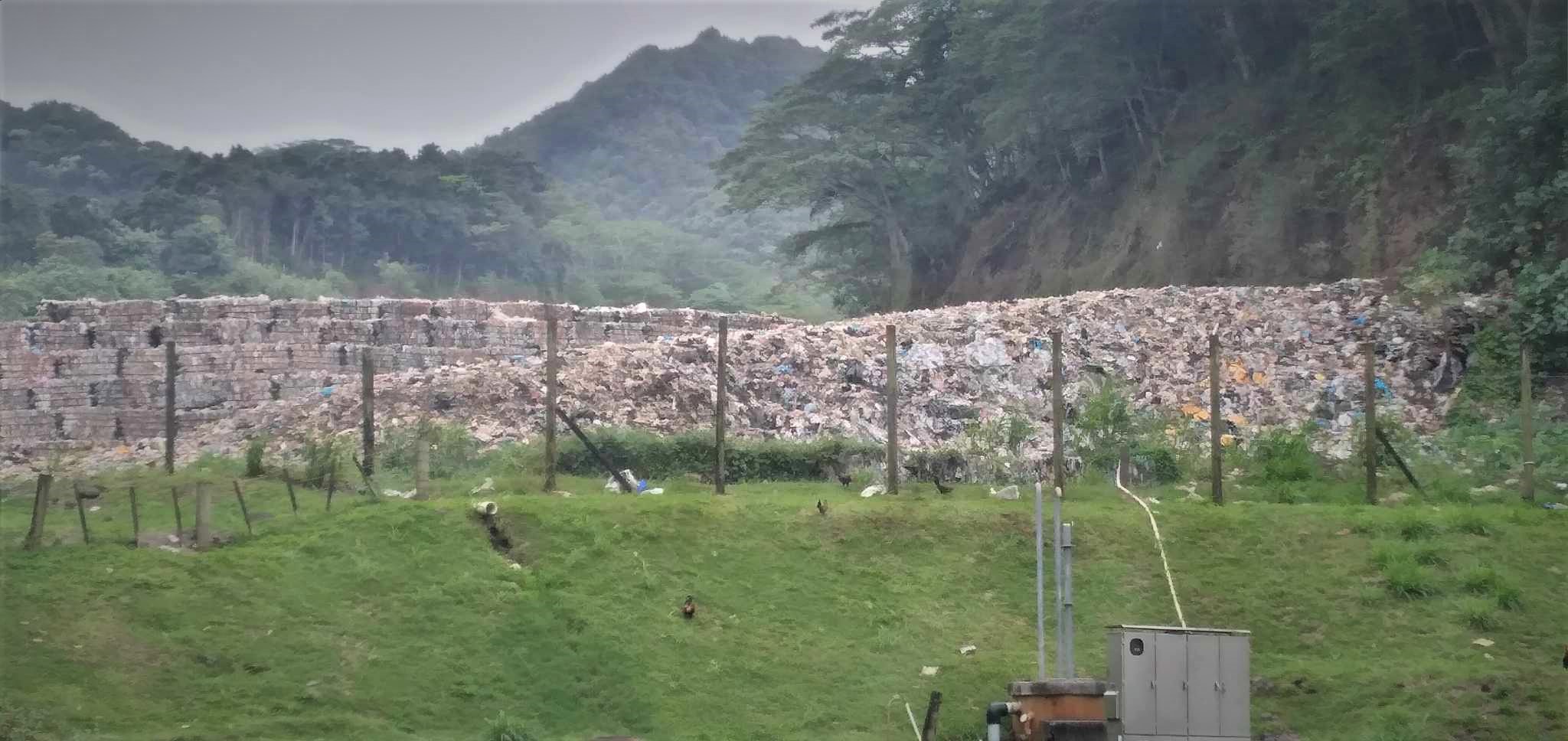Introduction:
In the pursuit of a sustainable future, one critical aspect that demands immediate attention is environmental policy. It is no secret that the world is facing mounting ecological challenges, and the need for comprehensive waste management policies has become ever more urgent. However, despite the Leader of the Opposition’s preferred waste management policy, the lack of government policy coherence in this area poses a significant hurdle in achieving environmental goals.
The Leader of Opposition’s Preferred Waste Management Policy:
The Leader of the Opposition, Tina Browne, has been a vocal advocate for a holistic waste management policy focusing on a “Reduce, Reuse, and Recycle” approach. Browne envisions a sustainable future where individuals, businesses, and the government work hand-in-hand to minimize waste generation, promote recycling initiatives, and adopt innovative solutions to reduce the burden on landfills and incinerators.
Emphasizing the importance of environmental education, Browne’s policy aims to raise awareness about responsible waste disposal and instill a culture of environmental consciousness. By prioritizing eco-friendly practices, she envisions a cleaner and healthier environment for future generations.
The Challenge of Policy Coherence:
Despite the merits of the Leader of the Opposition’s preferred waste management policy, the government’s lack of policy coherence remains a stumbling block to progress. Inconsistent and fragmented policies have hindered the effective implementation of sustainable waste management practices nationwide.
One of the primary issues is the need for a unified vision among various governmental departments and agencies. While the Opposition highlights the importance of long-term solutions, the government has been prone to adopting short-sighted policies that often prioritize economic interests over environmental concerns.
Furthermore, cross-party collaboration must be more balanced in crafting effective environmental policies, this can be archived at parliamentary select committee level. Without a cohesive approach, the sustainability agenda is frequently overshadowed by partisan politics, neglecting essential ecological issues.
Bridging the Gap for a Sustainable Future:
To achieve a sustainable future and hold governments accountable, it is imperative to bridge the gap between the preferred policies of the Opposition and the government’s actions. This can be accomplished through several key strategies:
1. Public Awareness and Engagement: Advocacy groups and civil society are crucial in raising public awareness about environmental issues and demanding accountability from policymakers. Citizens must be encouraged to actively participate in the democratic process, pressing for coherent and effective environmental policies.
2. Transparent Reporting and Monitoring: To ensure policy coherence, the government must establish transparent reporting mechanisms to track the progress and impact of waste management initiatives. This would help identify areas of improvement and facilitate data-driven decision-making.
3. Cross-Party Collaboration: The Opposition’s preferred waste management policy should be taken seriously, and cross-party collaboration is essential to develop a unified approach towards sustainability. This requires setting aside political differences and focusing on the collective goal of preserving the planet.
Conclusion:
Environmental policies and political accountability are intrinsically linked to building a sustainable future. The Leader of the Opposition’s preferred waste management policy can transform our approach to waste and pave the way for a greener, cleaner world. However, the lack of policy coherence in the government remains a significant challenge. By promoting public engagement, transparency, and cross-party collaboration, we can bridge this gap and usher in a new era of environmental stewardship for our planets and future generations well-being.


